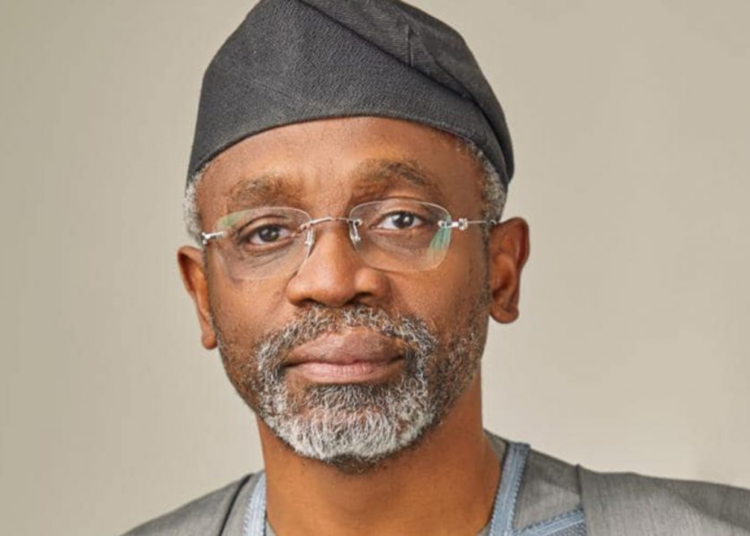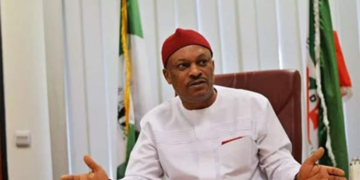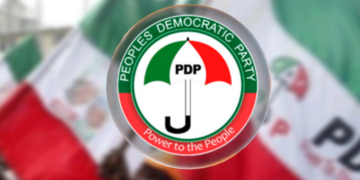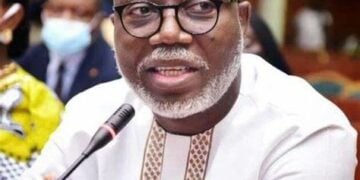The speaker of the House of Representatives, Hon Femi Gbajabiamila has charged the leadership of the National Institute of Legislative and Democratic Studies (NILDS) to empower more young people to participate in politics and governance of Nigeria.
He added that it is a responsibility the institute must not relent from fulfilling.
Gbajabiamila, who made this call yesterday at the official handing over of the Legislative Mentorship Initiative (LMI) to NILDS in Abuja, said more than any other institution, NILDS has played a valuable and foremost role in developing the governing capacity of politicians and policymakers in Nigeria since the return to democracy in 1999.
According to the speaker, through degree programmes and short courses, capacity-building events, research, and publications, the institute has advanced Nigeria’s democratic practice and proved a valuable partner to all who desire a more effective government, working for the benefit of the Nigerian people.
“Under the leadership of the Director General, Professor Abubakar Sulaiman, the National Institute of Legislative and Democratic Studies (NILDS) has been a valuable partner from the beginning in planning and executing the vision of the Legislative Mentorship Initiative (LMI). I am confident that the initiative will be safe in his hands, with the support of the capable men and women of the NILDS.
“In every way I can, I will remain available to support the mandate of LMI, ensure its continuing success, and guarantee that the vision of this initiative is sustained through inevitable trials and challenges.”
“LMI would not have come to life without the support of our partners, who supported the initiative in myriad ways. Please, do not relent in your support or waver in your commitment. Our work is not done, and the best is yet to come,” he said.
He further said that when they launched LMI, they did not immediately recognise that a new consciousness was awakening amongst the nation’s youth.
“We did not see that a new generation of young people had emerged who recognised the role of government in their lives and were determined to have a say in the politics of their communities and their nation.
“The first sign for us ought to have been the magnitude of applications we received to fill a small number of positions in the first training cohort,” the speaker said.
In a related development, Gbajabiamila told the speaker of Ghana parliament Alban Sumana Bagbin during the handing over of the Conference of Speakers and Heads of African Parliaments (COSAP) to him in Abuja that as representatives and advocates in their national parliaments, they can influence national discourse and frame public debates.
“We must use this power to preach the message of African brotherhood and shape the worldview of our various peoples to achieve a common understanding of how deeply connected we all are and how it is in all our best interests to look out for each other in a world that more often than not, will not look out for us. Through CoSAP, we will continue to work together, doing all we can to achieve great things for our African homeland.
“During my service in government and as Speaker of the House of Representatives, it has been my honour to travel across this continent, interacting with leaders in politics and business and ordinary citizens. I have seen progress and witnessed stagnation and regression.
“I have met the hopeful and the cynical. In many cases, the problems we face are similar. This imposes on us parliamentarians across the continent an obligation to seek problem-solving partnerships and adopt best practices from each other,” he said.





